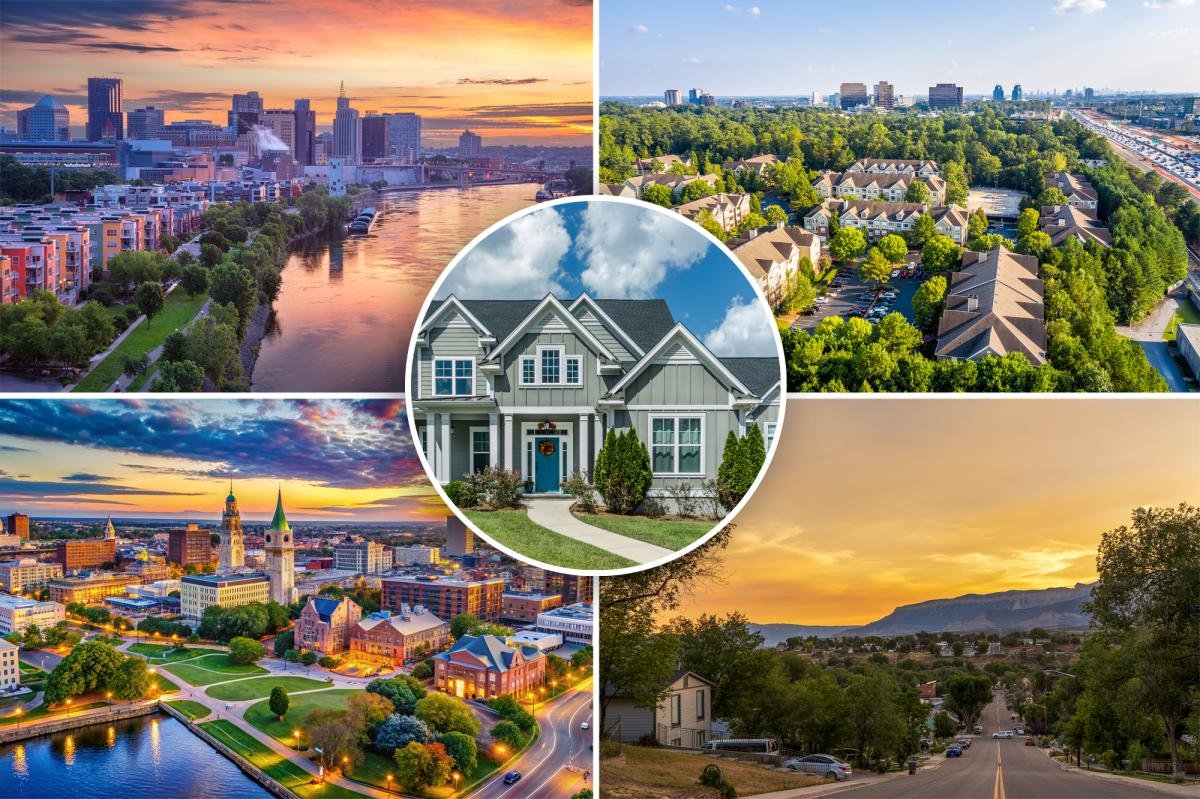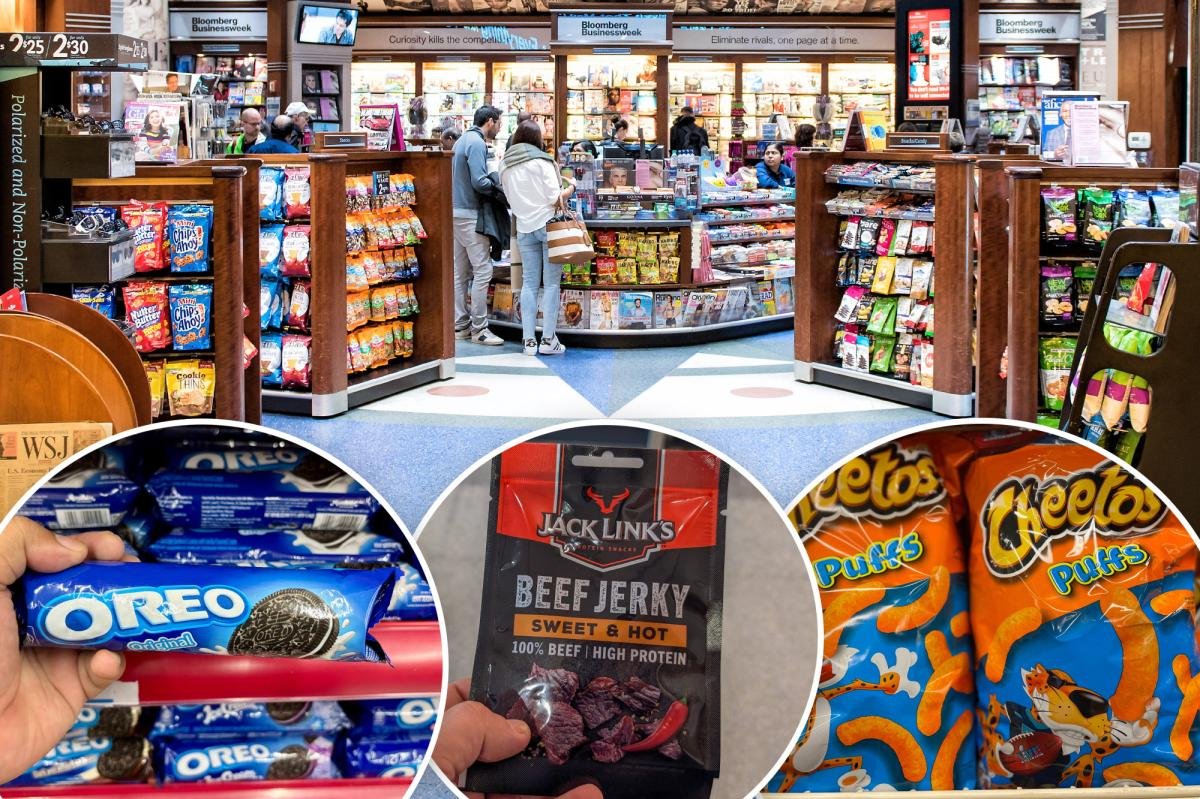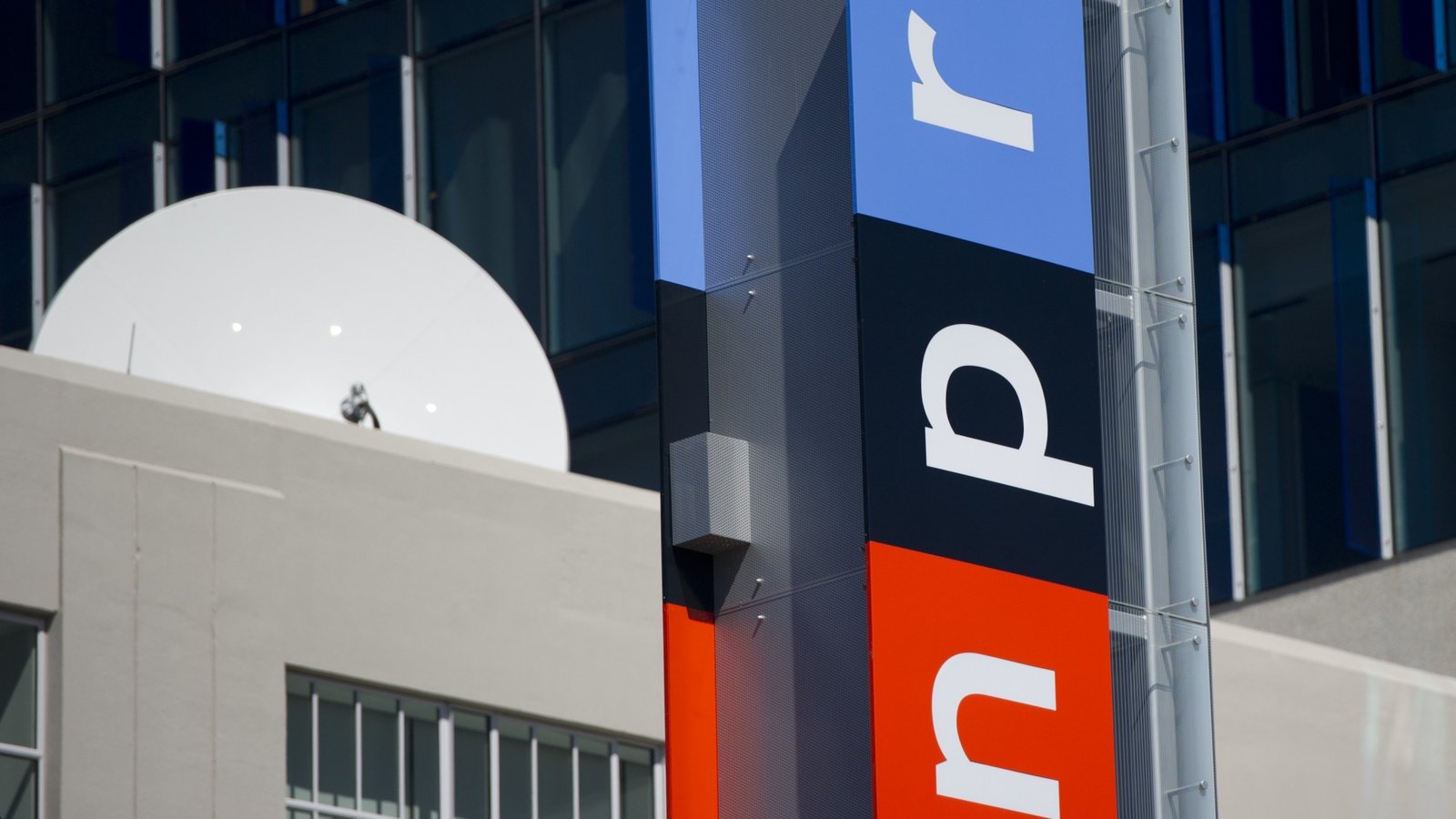
These are the cities where a million dollar mansion can buy you

Not all million dollar homes are created equal.
According to Realtor.com Luxury Housing Report for Septembera seven-figure budget buys vastly different realities across the United States — from sprawling 4,500-square-foot estates in Atlanta to cozy 1,700-square-foot condos in Honolulu.
The national threshold to enter the luxury market fell modestly to $1.24 million in September, down 0.5% from August and 2.4% year over year. But geography remains the biggest factor in determining the dollar’s reach.
In Atlanta, Denver and Dallas, the average $1 million to $2 million properties for sale are more than 4,000 square feet — twice the size of comparable properties in Honolulu or San Jose, where median sizes range from 1,650 to 1,700 square feet.
“We are seeing a healthy rebalancing in the luxury home market after years of volatility,” Danielle Hale, chief economist at Realtor.com, said in the report.
“The modest decline in luxury prices indicates a market in which buyers and sellers are adjusting their expectations in line with broader economic conditions. In many cases, demand remains strong for well-priced homes, especially those that offer space, quality or location.”
Nationally, the report found that luxury homes remain longer on the market — about 79 days for the 90th percentile, one day more than last month and five days longer than last year.
Ultra-luxury listings — those in the 99th percentile — spend an average of 103 days before selling.
The share of $1 million listings stabilized at 13%, suggesting that the slowdown reflects normalization rather than decline.
Santa Barbara, California, topped the list of the most expensive luxury markets, with prices for the top 10% of homes starting at $8.95 million. Heber, Utah, ranked second with $6.5 million, supported by demand for upscale resorts and limited inventory. Key West; Bridgeport, Connecticut; Los Angeles rounded out the top five.
Meanwhile, Honolulu’s price of $827 per square foot makes it the least forgiving market for buyers in the $1 to $2 million bracket, followed closely by Silicon Valley, where the San Jose-Sunnyvale-Santa Clara metro is close behind at $828 per square foot.
By contrast, Atlanta is your “millionaire cap space,” with $301 per square foot stretching the farthest, closely followed by Denver and Houston. Each offers homes that are approximately 40% larger than the national average of 2,994 square feet.
In the end, markets cool but do not collapse. The 95th percentile of listings now start at about $1.95 million, a 1.2% monthly decline, while the 99th percentile — ultra-luxury homes starting at $5.41 million — is down just 0.2%.
Overall, the data suggests that luxury properties are entering a “goldilocks” phase – neither too hot nor too cold.
For buyers, that means more room to negotiate in Atlanta or Denver — and less room, figuratively and literally, in Honolulu or San Jose.













Post Comment